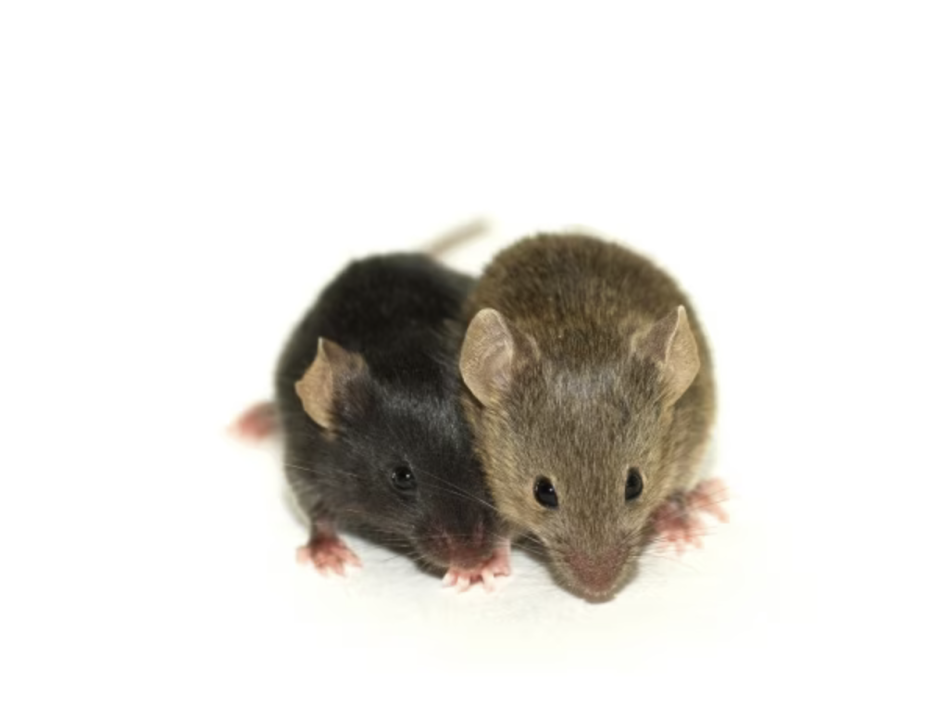Scientists create mice with two biological dads
By Lynn Allison From Newsmax

A breakthrough experiment engineering male chromosomes to create mice from two fathers could pave the way for same-sex human partners to have biological children. Katsuhiko Hayashi from Osaka University in Japan told the Human Genome Editing conference on Wednesday that he achieved the breakthrough after changing the chromosomes in male cells from XY to XX.
According to Insider, he used the technique to make female eggs, called oocytes, from male cells and then fertilized them to create seven mice with two biological fathers.
While the discovery has not been peer-reviewed and is still in its early stages of development, it raises the hope that one day male couples may have their own biological children. Scientists have learned that human cells can change from one type of cell to another with the right prompts. The Japanese researchers used male skin cells with X and Y chromosomes and reprogrammed them so they would turn into a type of stem cell that could be transformed into any other type of cell.
They then deleted the Y chromosomes in the cells and duplicated the X chromosomes before prompting the cells to turn into egg cells with two X chromosomes, says Business Insider.
“The trick of this, the biggest trick, is the duplication of the X chromosome,” Hayashi told The Guardian. “This is the first case of making robust mammal oocytes from male cells.” Hayashi is an internationally renowned pioneer in the field of lab-grown eggs and sperm. He predicts that it will be technically possible to create a viable human egg from male skin cells within a decade, but other scientists say he’s being too optimistic. Nevertheless, his team is now attempting to replicate the mouse technique with human cells, although there will be obstacles for the use of lab-grown eggs for clinical purposes, including establishing their safety.
Hayashi said that his procedure could also be applied to treat severe forms of infertility, including women with Turner’s syndrome, who have one copy of their X chromosome missing or partly missing. Hayashi said that this application was the primary motivation for his research.
Dr. George Daley, dean of Harvard Medical School, described the work as “fascinating,” but added that translating the technique to human cells may prove challenging.
“We still don’t understand enough of the unique biology of human gametogenesis to reproduce Hayashi’s provocative work in mice,” he said, according to The Guardian.
The baby mice produced by Hayashi’s team appeared healthy, had a normal lifespan, and went on to have offspring as adults.
“They look OK, they look to be growing normally, they became fathers,” the scientist said.
© 2023 NewsmaxHealth. All rights reserved.
For more on this story go to: NEWSMAX





